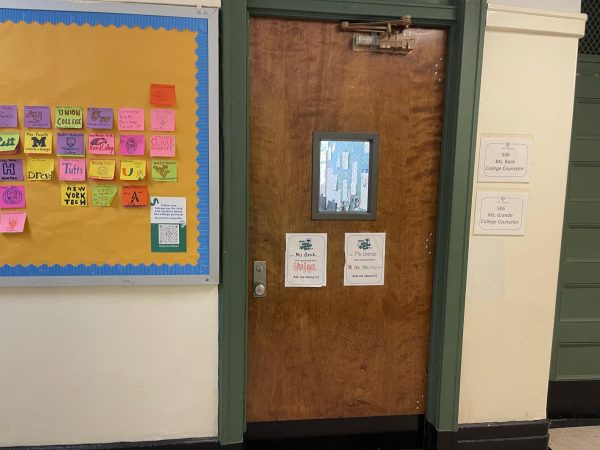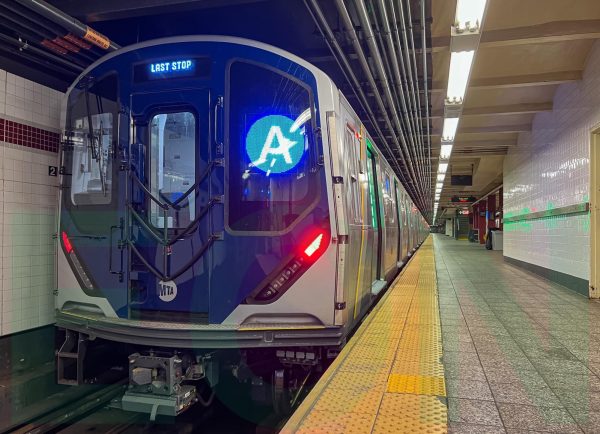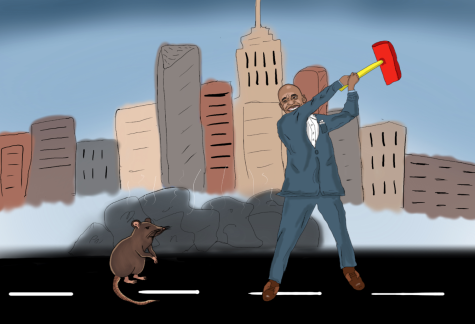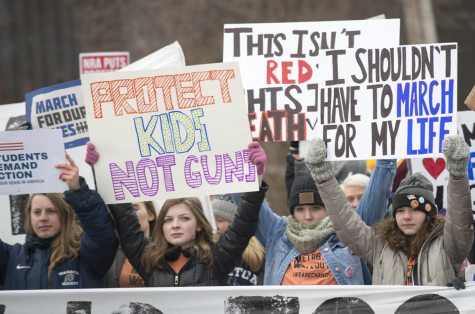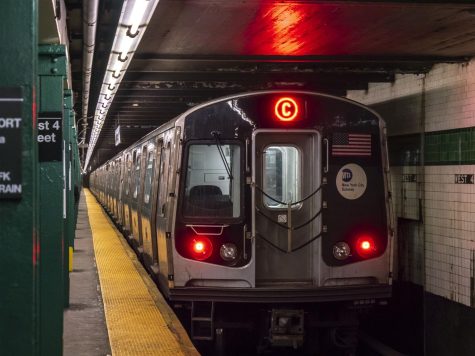Corruption to another level
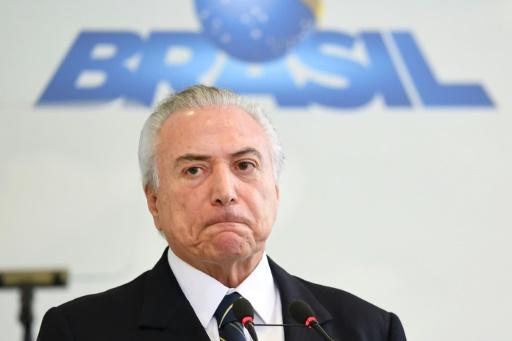
Brazilian President Michel Temer at a press conference in which he stated that he would not resign.
May 31, 2017
Just two weeks ago, it seemed as if Brazil was finally turning a corner on what has been a corruption-ridden two years in politics. The stock market was flying high. Bankers were cheering. Lawmakers were lining up to curb spending. Inflation had been tamed.
Brazil, it appeared, was finally back on the rise.
Then, in a matter of hours, it all started falling apart again. President Michel Temer, long embroiled in graft scandals, is accused of taking millions of dollars in illicit payments and caught on tape discussing how to silence members of an anticorruption drive.
The allegations,including testimony released Friday in which executives at one of the world’s largest food companies accused him of taking about $4.6 million in illegal campaign contributions. This has ignited broad calls for Mr. Temer’s resignation, and set off fears that Brazil will slide back into the political and economic turmoil that has rattled it for the last two years.
However, the manner in which the testimony was recorded made the scandal become that much more suspicious.
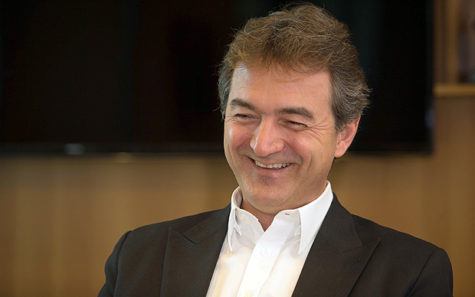
Joesley Batista is the CEO of JBS, one of the world’s largest food production companies, of which started off as a local family-run butchery in the northern region of Brazil. As the company began to experience its exponential rise, there was a lot of money laundering involving many big name politicians, including former speaker of the house, Eduardo Cunha, who is currently serving a 15 year prison sentence as a result of being tangled in other corruption scandals.
Officials ultimately caught Batista for his involvement in the money laundering. Despite this, instead of being put in prison, Batista was released under a plea bargain, meaning he would reveal everyone who was involved in the scandal.
After having the 19 minute long “plea bargain class” in which police chief Rubia Pinheiro explained in detail to Batista’s lawyer how the plea bargain would work, they came to a conclusion that Batista would meet with the Brazilian President, Michel Temer.
Two weeks after the “plea bargain class,” Batista arrived at Palácio do Jaburu, the official residence of the Vice President of Brazil, driving his own car with a recorder hidden in his pocket to meet with President Michel Temer. For 40 minutes, Batista managed to obtain compromising dialogues which resulted in a big blow to Temer’s administration after they were disclosed.
“The truth was going to come out sooner or later,” said Monica Vieira, a brazilian born-citizen who advises a Brazilian infrastructure company based in the United Kingdom. “Everyone already knew that Temer was a corrupt politician, and that he was, one way or another, involved in the money laundering. The recent events just comes to show what Temer was willing to do in order to silence members of the anti-corruption drive.”
However, there was a completely different reaction from a few members of the iSchool community.
“Wow,” said Kai Moore, a sophomore at the iSchool. “I heard somewhere that something was happening in Brazil, but I didn’t know that their situation was so bad.”
Asha Rossato-Bennett, also a sophomore at the iSchool, said that before hearing the political situation in Brazil, she thought that American politics was very corrupt. Her following statement perfectly sums up the current scandal.
“But this is corruption to another level.”




